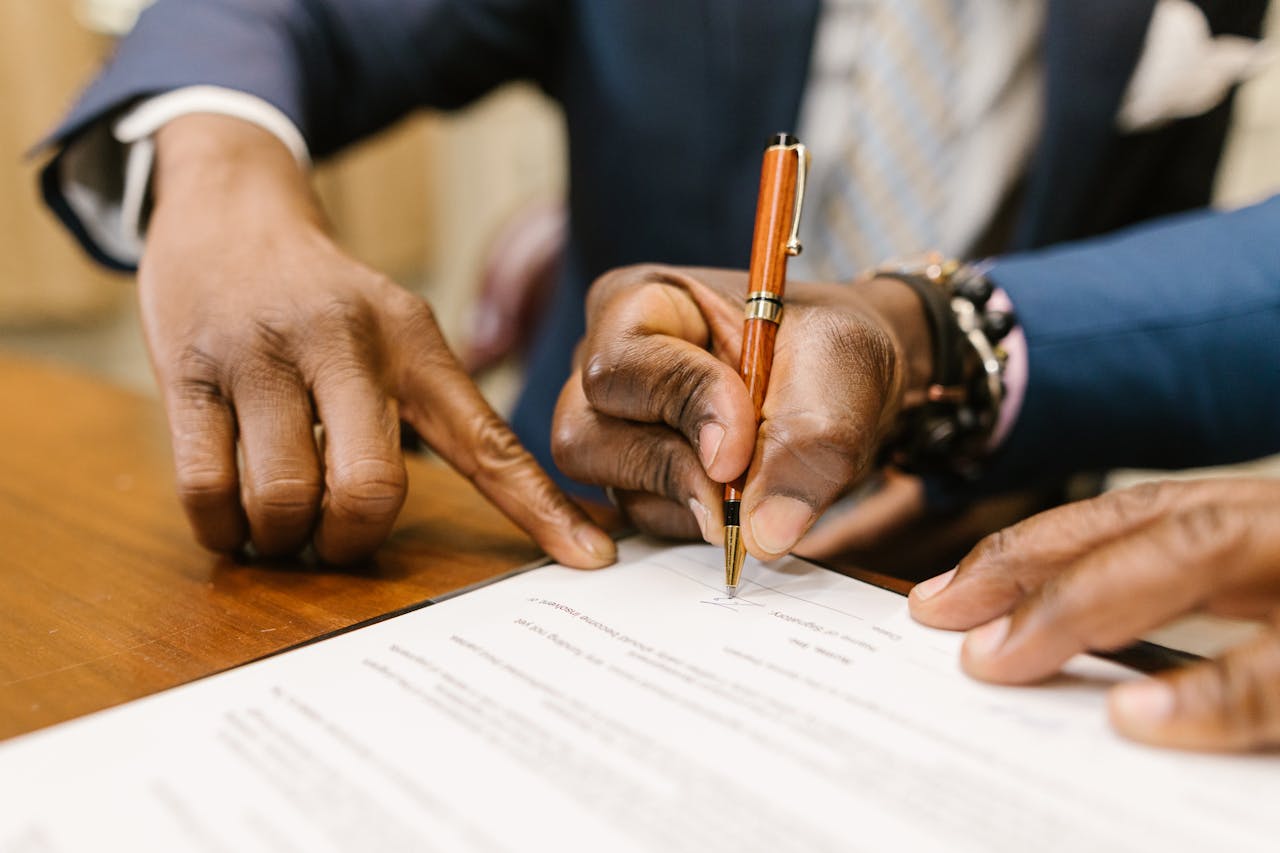Now Reading: Why You Should Never Settle Your Personal Injury Claim Too Quickly
-
01
Why You Should Never Settle Your Personal Injury Claim Too Quickly

Why You Should Never Settle Your Personal Injury Claim Too Quickly
When faced with the aftermath of an accident, many individuals are eager to resolve their personal injury claims quickly. While the desire for a swift resolution is understandable, rushing this process can lead to regrettable consequences. Settling too quickly may result in inadequate compensation that fails to cover medical expenses, lost wages, and the emotional toll of the injury. This article aims to shed light on the reasons why taking the time to thoroughly assess your situation and negotiate appropriately is crucial to securing a fair settlement that truly reflects your needs and losses.
Understanding the Insurance Company’s Tactics
Insurance companies often employ various strategies to minimize their payout in personal injury claims. Understanding these tactics can empower individuals to stand firm in negotiations. They may offer quick settlements that appear appealing but are typically much lower than what the injured party genuinely deserves. Recognizing these ploys is the first step in protecting your interests and fighting for fair compensation.
Insurance adjusters may attempt to downplay the severity of your injuries, often relying on medical records that may not fully capture the extent of your pain and suffering. It is vital to provide comprehensive documentation that accurately reflects your condition. This could include detailed medical assessments and records of ongoing treatment, which illustrate the true impact of the injury on your life.
They may pressure claimants into admitting partial fault, which can significantly reduce the settlement offer. Any statements made during initial conversations can be misconstrued, so it’s crucial to avoid discussing the incident without proper legal guidance. Engaging a knowledgeable attorney can help safeguard against these tactics, ensuring that your rights are upheld throughout the process. A skilled Sandy Springs personal injury attorney notes that insurance companies have a team of lawyers protecting their interests, so having your own legal representation can level the playing field and give you a better chance at securing a fair settlement. It’s crucial to remember that insurance adjusters are not on your side and have their best interests in mind, not yours.
The Importance of Documenting Your Injuries
Thorough documentation of your injuries is essential in substantiating your personal injury claim. This documentation serves not only as evidence of the injuries sustained but also as a basis for calculating appropriate compensation. Keeping a detailed log of all medical appointments, treatments, and related expenses is key to an effective claim.
Individuals should consider maintaining notes on how the injury has affected their daily lives, including changes to work capacity and personal relationships. These narratives can provide context that resonates with both insurance adjusters and juries, illustrating the broader implications of the injury beyond mere financial loss.
Photographs can serve as powerful evidence of visible injuries. From wounds to bruises, capturing images at different stages of healing can effectively convey the severity of your experience. All these aspects combined create a comprehensive picture, significantly enhancing the likelihood of a fair settlement.
Seeking Comprehensive Medical Treatment
Pursuing a thorough medical evaluation and ongoing treatment following an injury is crucial. This not only promotes the best chance for recovery but also strengthens your personal injury claim. By demonstrating that you are actively seeking care, you reinforce the seriousness of your injuries in the eyes of insurance companies.
Your medical specialists can play a pivotal role by providing expert opinions on the long-term effects of your injuries. This can include recommendations for future treatments or therapies that may be necessary based on your healing progress. Such forecasts are invaluable when negotiating settlements, as they highlight the potential for ongoing costs and losses.
Establishing a strong rapport with your healthcare providers can ensure that your medical records reflect the entire scope of your injuries accurately. Open communication about your symptoms and limitations allows them to provide more effective documentation, which is critical in substantiating your claims throughout the negotiation process.
The Role of Witness Statements
Acquiring witness statements can significantly bolster your personal injury claim. Eyewitness accounts can provide objective validation of the circumstances surrounding the accident, corroborating your version of events. This corroboration is especially important in cases where liability is contested.
Identifying and approaching potential witnesses promptly after the incident can be advantageous. Their recollections can help clarify details that may otherwise be overlooked, such as environmental factors or actions of the involved parties. Collecting this information soon after the event ensures a higher accuracy in their statements, making their contributions more valuable to your case.
The involvement of expert witnesses can also lend credibility to your claims. These professionals can provide specialized knowledge regarding the injury or accident, lending weight to your argument during negotiations or court proceedings. Ultimately, a diverse array of witness statements can significantly enhance the persuasiveness of your case.
The Value of Patience in Negotiation
Taking the time to negotiate your personal injury claim is paramount. While the initial settlement offer may be tempting, it’s essential to approach negotiations methodically. Instinctively accepting a quick offer often leads to settling for far less than deserved.
Patience allows for thorough research on the true value of your claim. Assessing all damages—such as current and future medical expenses, lost earnings, and pain and suffering—is critical for setting realistic expectations and strategies for negotiation. Consulting with legal professionals can provide the necessary insight and support during this phase.
Patience reflects your commitment to securing a fair outcome, especially when dealing with a firm such as an insurance company. Showing that you are prepared to negotiate and potentially litigate if necessary can lead to more equitable offers, as insurers may reconsider their stance in the face of persistent, well-documented claims.
The Consequences of Rushing
Rushing the settlement process can yield significant negative repercussions in personal injury cases. Once a case is settled, there are usually no opportunities for revisiting the agreement, regardless of how ailments evolve. This finality poses considerable risk, particularly if undiscovered injuries arise later on or if additional medical treatment becomes necessary.
Settling too quickly may also overlook compensation for non-economic damages, such as emotional trauma or diminished quality of life. These aspects can significantly affect daily functioning and overall well-being, yet are often not adequately valued in hasty settlements.
While the desire for a swift resolution is understandable, it is imperative to approach personal injury claims with due diligence. Careful consideration and appropriate time investment in the negotiation process can pave the way for a more satisfactory and comprehensive settlement that responsibly addresses all aspects of your injuries.
It’s essential to remember that settling too quickly can have far-reaching consequences. Taking the time to assess your situation thoroughly, document your injuries comprehensively, seek appropriate medical treatment, gather witness statements, and negotiate patiently can ultimately lead to a fair resolution that truly reflects the extent of your losses. When dealing with a personal injury claim, it is critical to prioritize your well-being and not rush into any decisions.











